After paying respects to the heroic Guanyu (and friends), we passed under the archway of the ancient gateway into the 1700-year old city-proper. Comfort with crowds is a requisite for venturing out during New Year. All places of interest will be getting their due. Families, three generations moving as one, including families from Hong Kong, give the mood a more familial flavor. The Hong Kong contribution is a recent trend this year, putting a new twist on the crowd. Cantonese adding to the buzz of Mandarin, their costumes tending to be more colorful, and their groups tending to get disoriented in new places and huddle for quick team decisions. The locals have a bemused air about these visitors.
Positioned at the head of the road passing through the gate is a wonderful bit of administrative history preserved in very nearly the center of Nantou — the District Yamen, or court of justice.
A yamen was where local administration of government business for the town was conducted. The magistrate, we might say head judge, was assigned by the Emperor to issue decrees, judge on criminal cases, and even handle local finances. The finance part is surprising, that is really all-encompassing. Capital works, like dams and bridges, defensive upkeep, you name it, this was a key position and a serious place of business.
So many of the stories I’ve read and the key figures in them were wrapped up in the daily activities of the “district yamen”, as it is often translated in such stories. The first professional appointment Confucius ever got was to be a magistrate. SuDongpo was magistrate in Shandong before he was the best-governor-ever in Hangzhou.
Now I get it, the students who managed to pass the Imperial Examinations were assigned by the Emperor to positions like magistrate to work in these village courts. This is what all the studying was for, these positions. Magistrate was the path to wealth, influence, and respect in this society.
Not only in history but also in fiction, I recognize the influence of the yamen now. In The Red Chamber, or in my favorite Chinese novel, The Plum in the Golden Vase (金瓶梅), the significance of the yamen cannot be ignored. One of the main characters, Ximen Qing, uses his influence at court to further his business and sexual appetites. If you have not heard of this one, look up the translation by David Todd Roy. There is so much that feels true to life, very much not a washed out or watered down version of history.
We learned that this drum would be struck by those who wished an audience with the court. So sadly, we are not allowed to give it a whack these days. Ropes prevent us from getting close.
The court is quite small by today’s standards, but then again, Nantou probably wasn’t as big as a couple of apartment blocks we have today. Imagine the space crowded with the magistrate and his staff, guards, secretaries and archivists, and the plaintiffs, defendants, and their families, friends, and spectators. All with a role to play and a stake in the outcome.
It might have looked a little like this, all those bodies and voices clamouring for attention instead of everyone today taking pictures. Is everyone thinking about how different things are today, or how much the same? Magistrate is still an official position in China, though now a higher ranking, more like a mayor. And there are lawyers, oh so many lawyers. It’s a wonder the world doesn’t collapse under the weight of our data and linkages of decisions that all intertwine and influence each other. How does anything get done?
We learned that the black squares were the stones for the plaintiffs and the defendants to kneel before the judge. This man represented the Emperor after all, and he often held life or death in his hands. The best, or most infamous, left their marks on history, still studied and talked about by us today.
Which is a bit notable if we stop to think on it. Most of these characters studied law and philosophy. They were lawyers and judges — politicians by profession. Who are the politicians we will be revering in 2000 years time? Will the papers, letters, and journals of Ruth Bader Ginsberg and Johnnie Cochran be widely read and analysed by future generations with the same fervor as SuDongpo and Machiavelli? Perhaps.
Nantou Ancient City has a lot going on that had just fallen below my notice before. There is more to explore here, such as the Wen Tianxiang Memorial Home, and other arts and architecture lessons off the main thoroughfare. I’m falling for Nantou Ancient City, and thankfully it is close to home.






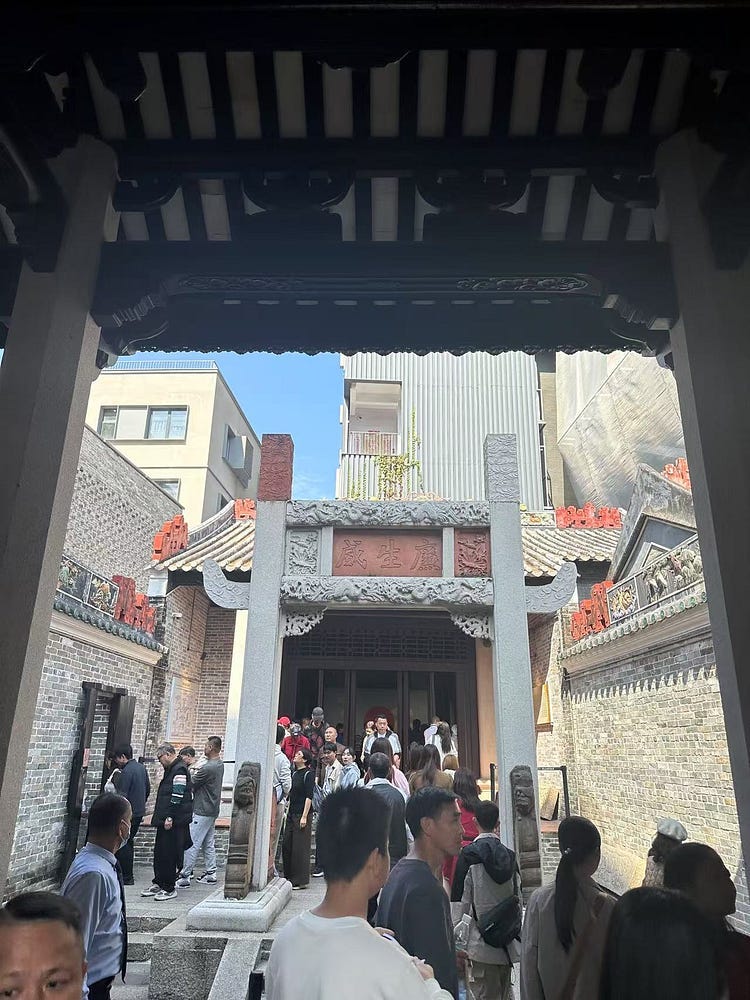


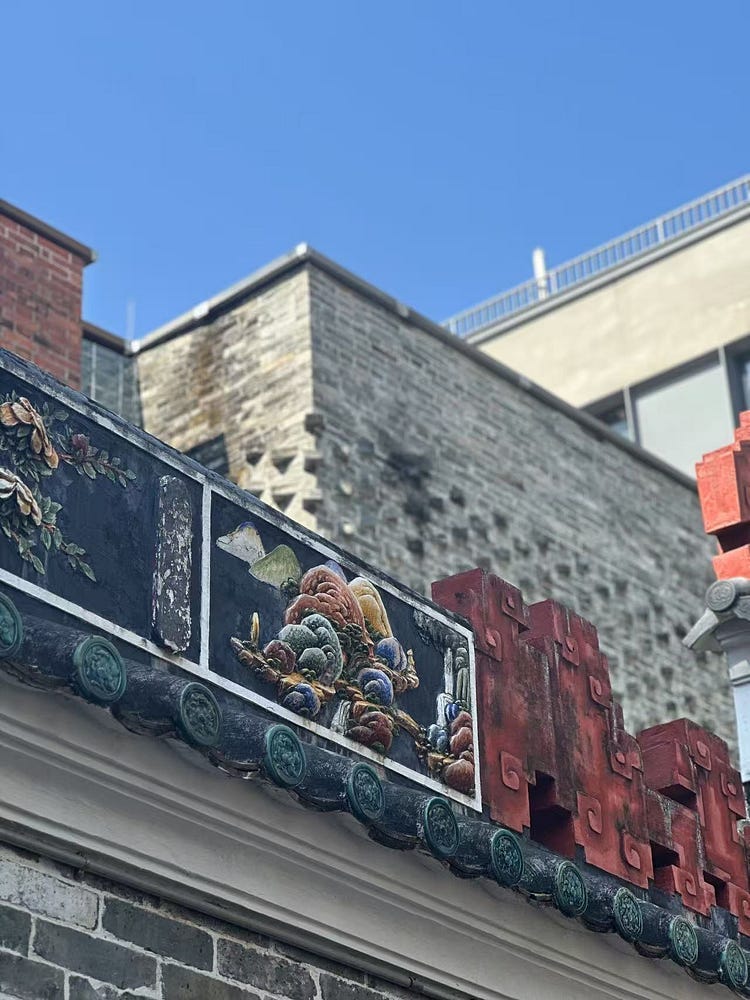
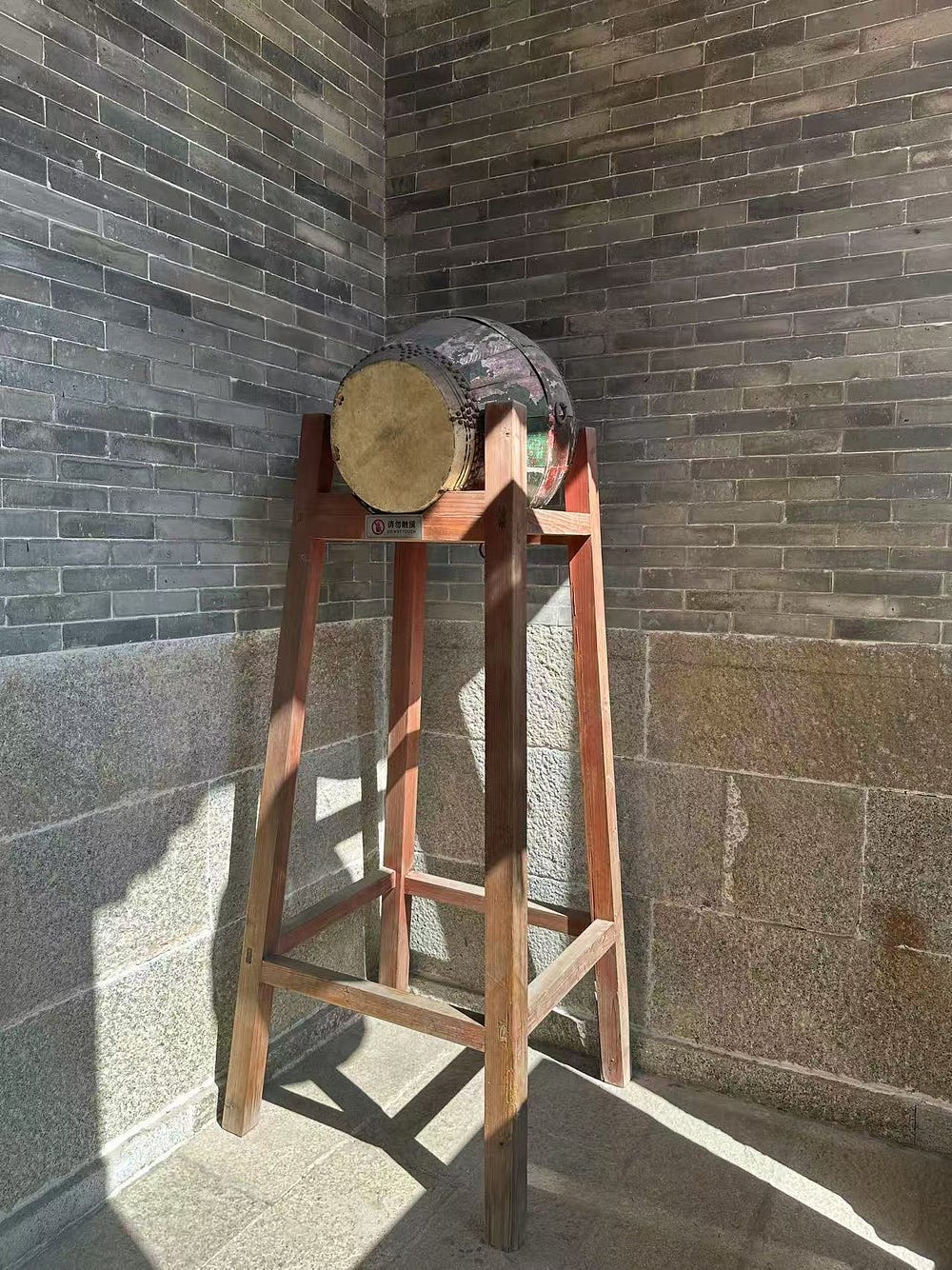




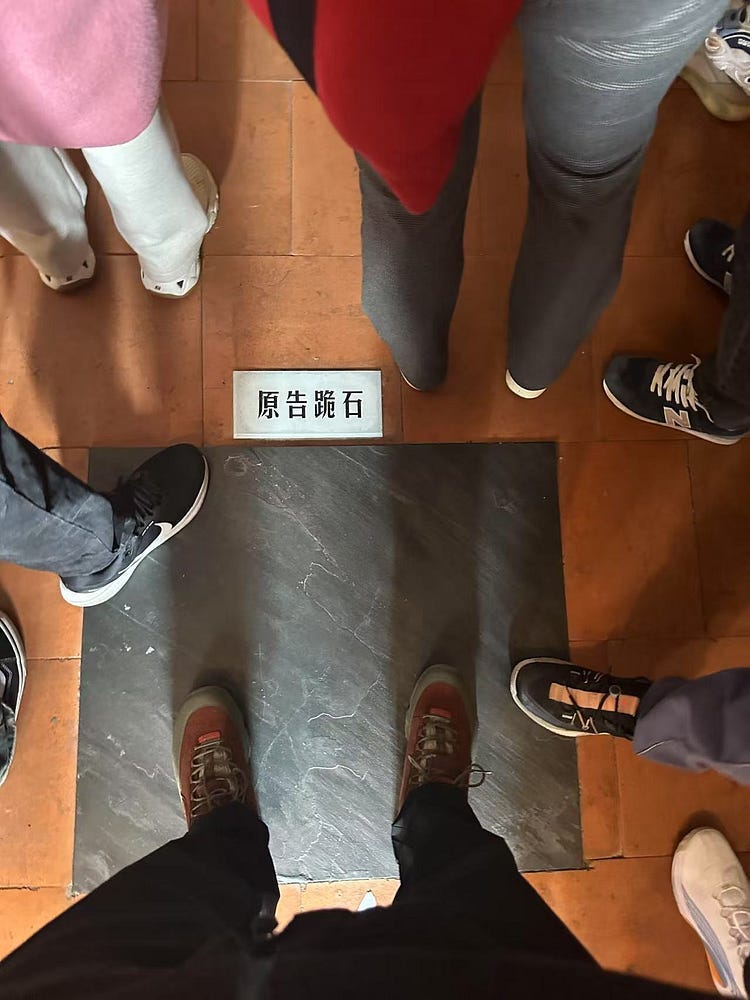
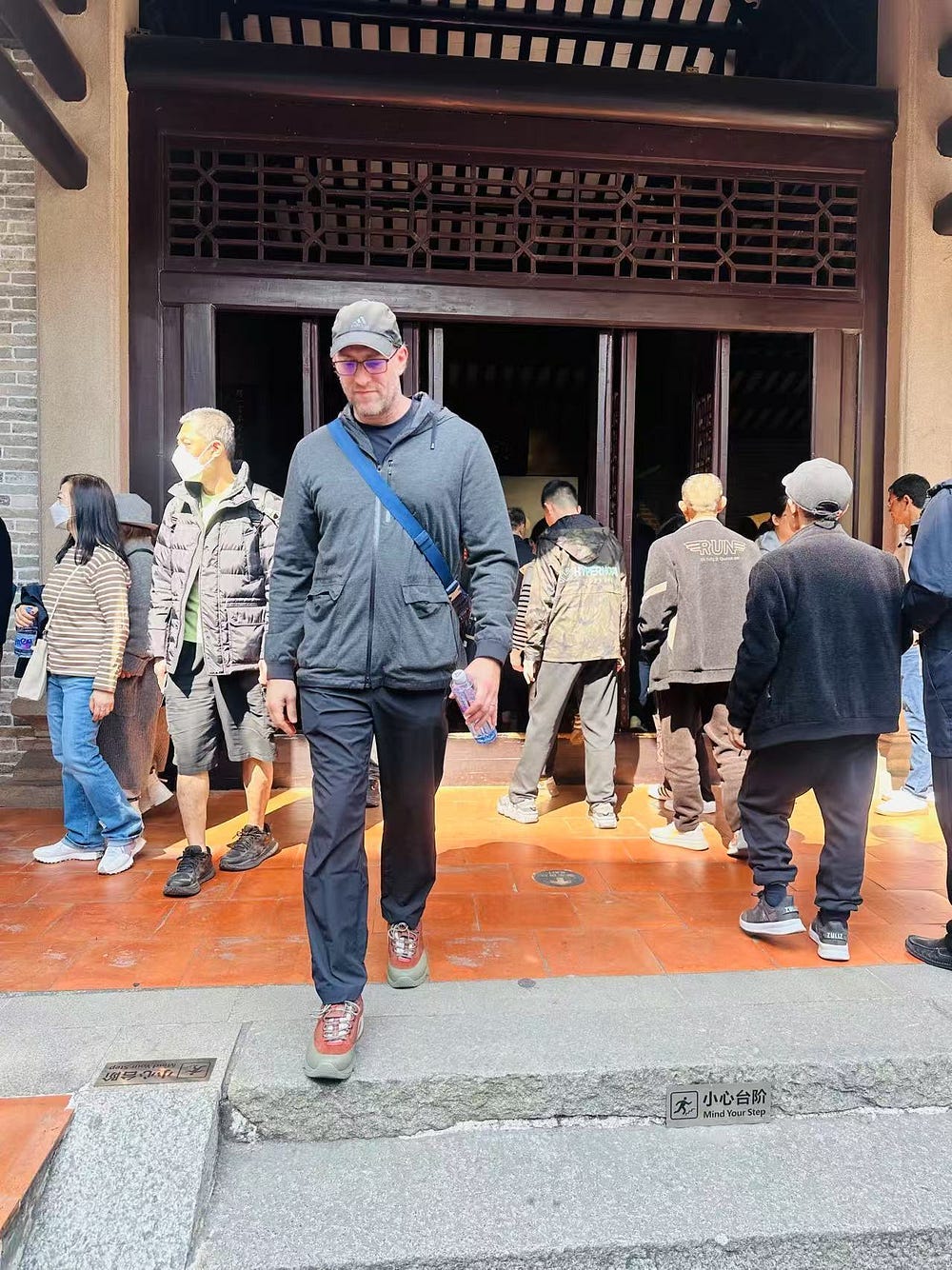
so every town had one of these then? I doubt they would ALL look as good as the one here then
The photos show the purpose clear, not having a busy background letting your eyes not being in pain